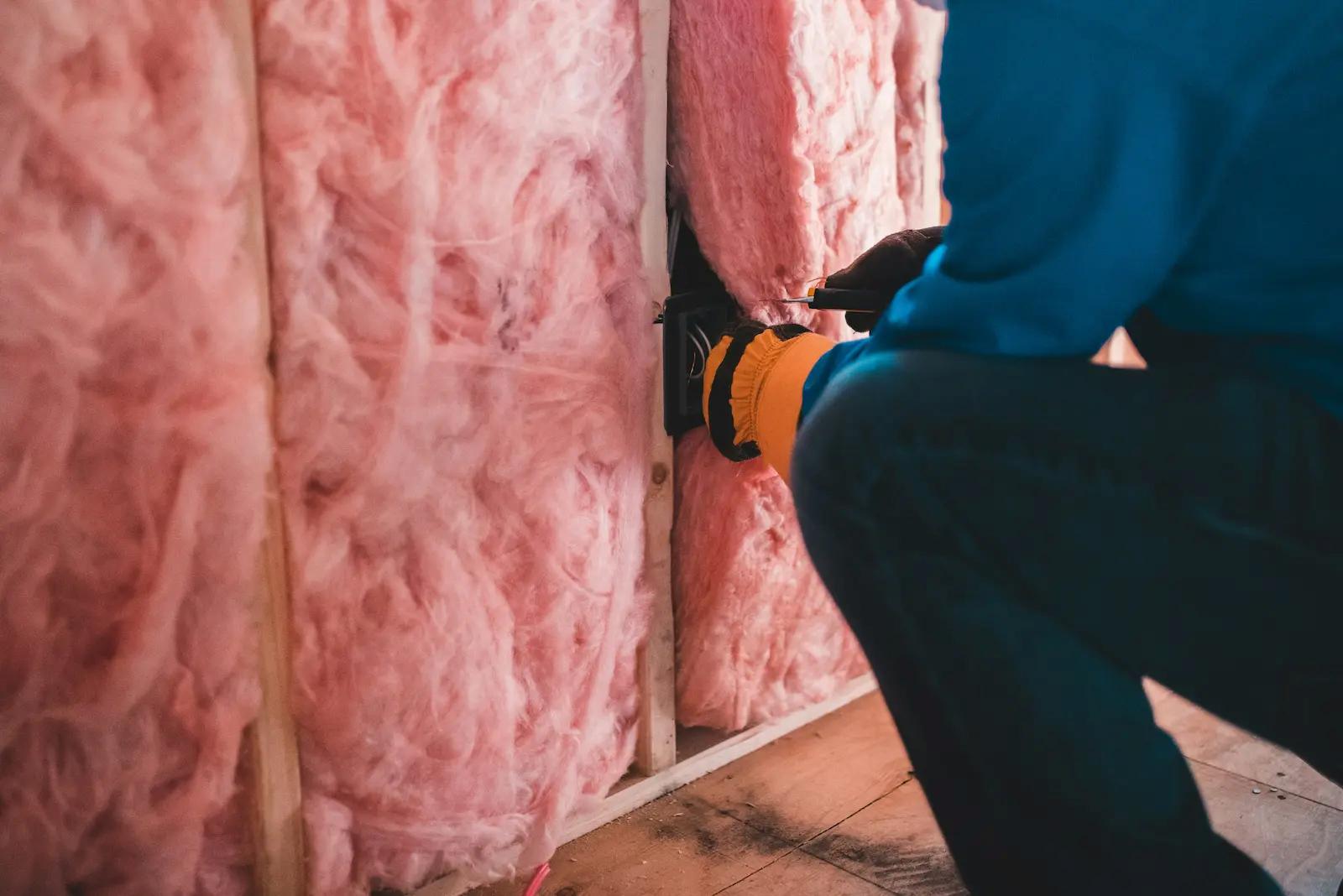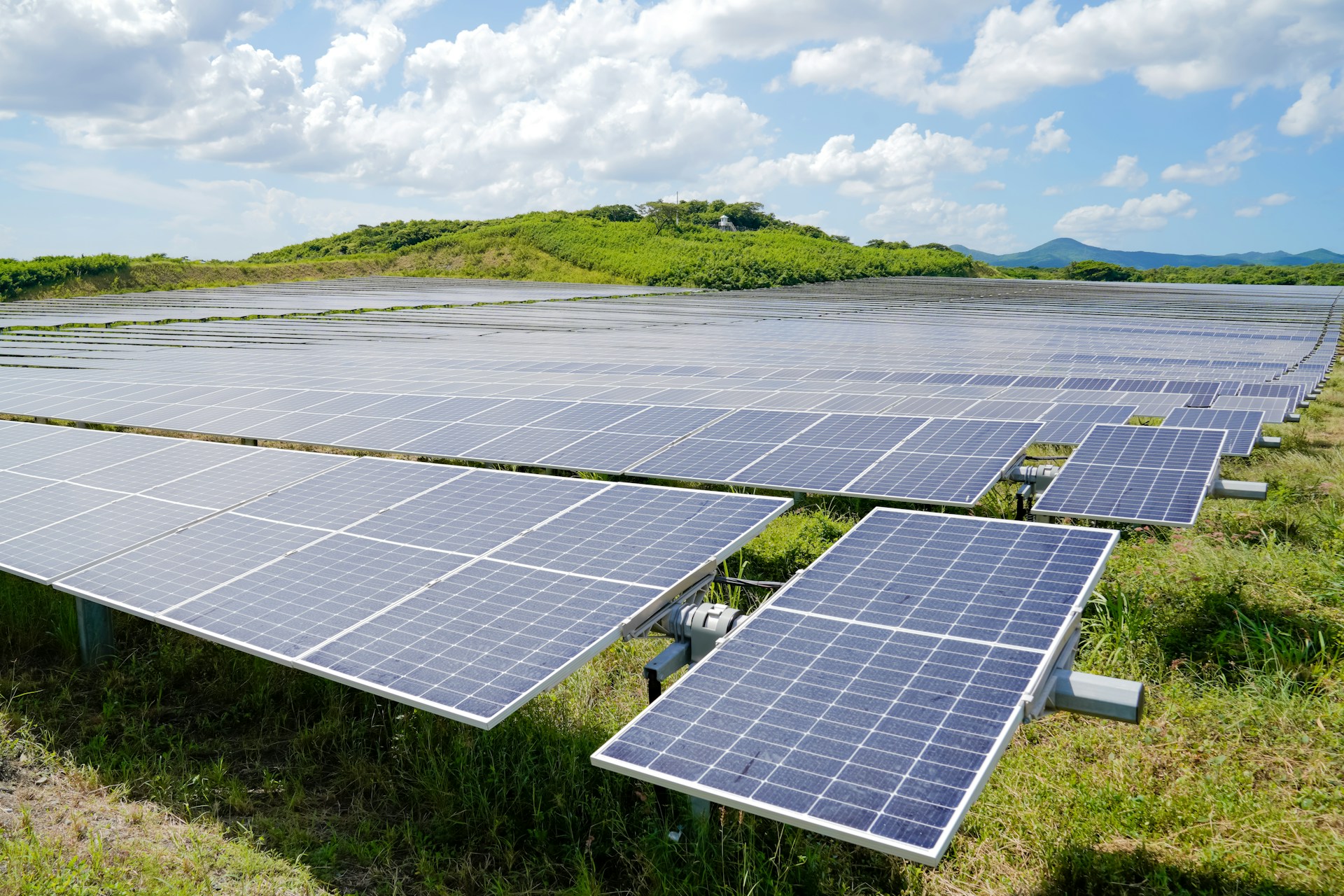Revising NAFTA Could Hurt – or Help – Energy Efficiency
Let's Save Energy
Alliance to Save Energy's Blog

Canadian, Mexican and U.S. negotiators are meeting in Washington today to begin the first round of talks to revise the North American Free Trade Agreement.
Why does a trade agreement matter for energy efficiency?
It matters a whole lot. Exports of manufactured goods to Canada and Mexico, the U.S.’s two partners in NAFTA, have tripled since Congress ratified the agreement in 1993. And many of those goods are energy-efficient products. Because of low barriers to trade ensured by NAFTA, the markets for American producers have expanded, while consumers in the partner countries benefit from products that are more energy efficient. Meanwhile, for American consumers, the costs of energy-efficient technologies have been lowered by tariff-free trade among the three countries, and the number of U.S. jobs in the energy efficiency sector have continued to grow.
U.S. companies have evolved their manufacturing, supply chain and distribution infrastructure to match these opportunities. This has been nothing short of a victory for energy efficiency.
I urged the U.S. Trade Representative Robert Lighthizer and Commerce Secretary Wilbur Ross to ensure that they do not disturb this success story in the renegotiation process in a letter that I sent this week on behalf of the Alliance. It’s critical for businesses in the energy efficiency market that no new tariffs are imposed and that no country in the agreement levies additional taxes on imported energy products. That could easily upset today’s beneficial trade of energy-efficient products.
My letter also included recommendations for making that trade even stronger. The United States should use this moment of international cooperation to explore avenues for harmonization of standards so that products manufactured for one country's market can be sold in all the others within the free trade zone. This would permit greater flow of trade in energy efficiency goods and services, empowering U.S. companies and bringing the benefits of energy efficiency to the rest of the North American markets.
This week’s talks are just the first round in the process. We’ll be watching and working to ensure policies supporting energy efficiency are protected – and improved – in any final deal.
RECENT BLOG POSTS
STAY EMPOWERED
Help the Alliance advocate for policies to use energy more efficiently – supporting job creation, reduced emissions, and lower costs. Contact your member of Congress.
Energy efficiency is smart, nonpartisan, and practical. So are we. Our strength comes from an unparalleled group of Alliance Associates working collaboratively under the Alliance umbrella to pave the way for energy efficiency gains.
The power of efficiency is in your hands. Supporting the Alliance means supporting a vision for using energy more productively to achieve economic growth, a cleaner environment, and greater energy security, affordability, and reliability.



